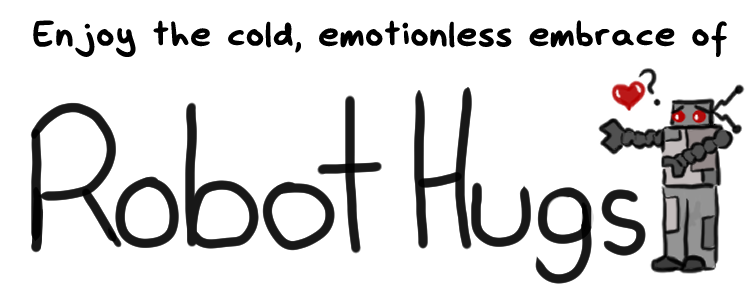
Other: Part 4
Sometimes form fields have a box called ‘Other’ and often they have an extra field that allows people to self identify.
But I have questions about that! What does it mean to declare yourself an Other? What are you even saying when you do that?
Well, that’s complicated.
Self identification is always political and normative. Whenever you identify yourself as an Other to a system, you are comparing yourself against its norms.
Normal
Normal
Normal
Other
So, what are your options?
Refusal to participate:
Fuck your forms!
Conforming:
There’s no category here that describes… I’ll just pick one, I guess.
Forcible Othering:
I’ll just put you down as ‘Other’.
But… fine.
Queering/Voluntarily Self-Othering.
Gender:
My Gender doesn’t fit in your boxes.
The challenging thing here is that the first two options result in excluding or rendering invisible an individual - they either have to opt out of the system entirely, or accept being part of a system that erases a part of their identity.
In addition, embracing Other as an identity just doesn’t work for everyone. Forcing Other as a category may result in someone having to participate in their own marginalization.
Are you A, B, C, or Other.
I’m D, and sometimes, when I check off ‘Other’, I feel like I’m just participating in reenforcing that people who are A, B, or C are more ‘normal’ or natural than I am as D.
How do organizations even use the information captured under Other? Is that information useful to anyone?
Fun fact! Sometimes it’s totally ignored! The 2010 US census allowed respondents to identify as Some Other Race, but when they analyzed and coded the data, they assigned people who chose Some Other Race to one of the ‘defined’ racial categories.
Using Other as a throwaway category is not only a shitty way to treat peoples’ identities, it’s also terrible information practice.
So, how does something that is an ‘Other’ escape and become its own Category?
Well, if you’re an Other, you have to show that you’re significant, numerous, influential, dangerous, important, valuable, or differentially unique. You have to show that you’re a class of your own and that your class is worth tracking.
But who makes the categories?
Unfortunately, a lot of the time, identity categories are created, administered, and controlled by groups in power to serve their own interests.
For example:
A brief and much abridged historical aside: The Indian Act
The federal Indian Act was legislation adopted in 1876 that gave the Canadian federal government the ability to categorize who counted as ‘Indian’ (First Nations/Aboriginal) and who didn’t. For example, ‘Indian Status’ was patrilineal (children were only considered ‘Indians’ if their fathers had status).
The government created and controlled this category. From the beginning of this act, women could lose their aboriginal status by marrying a non-aboriginal man, erasing the identity for her and her children. By 1920, there were numerous ways that the government could strip any person of their aboriginal identity against their will.
The category of ‘Indian’ was not created as a descriptor of the aboriginal population, it was explicitly created as a way of eradicating the aboriginal population.
“Our object is to continue until there is not a single Indian in Canada that has not been absorbed into the body politic, and there is no Indian question, and no Indian Department. That is the whole object of this Bill.” Indian Affairs Deputy Minister Duncan Campbell Scott
The administration of categorization was one of the potent tools the Canadian government used to carry out the attempted cultural genocide of Aboriginal Canadians.
Over the decades, first nation groups have challenged the Indian Act and pushed for reforms in how aboriginal Canadians are treated under the law. it remains a complex and challenging issue.
Are.. are there any other problems with de-Othering?
Well… the thing is… every time you define something, you create new Others.
Congratulations! You have a category now! All of your own!
Aww… thanks,
And here are the critical characteristics that make up your category.
Hmm?
Oh… these don’t all actually apply to me.
Welp! In you go!
‘Category prototypes are metaphorical straightjackets… applying the stringent criteria to which claimant members must conform or risk being internally ostracized or externally devalued…’
Durand and Paolella, 2013
Ugh! There’s no way to win!
Hold that thought.
Up next: Methods of Resistance!





